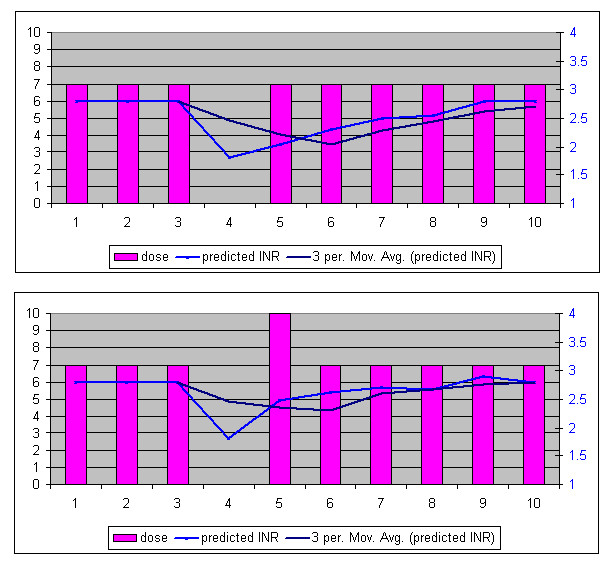Hi Carolyn
CarolynL;n845846 said:
I had my first Aortic Valve Replacement 9 years ago when I was 40. I went with a tissue valve because of my concerns over a life on Coumadin and the 'ticking noise'. That valve was supposed to last 15+ but it unfortunately that is not the case
sadly I read of this far more frequently than I would like to. It is in reality the situation with people younger (such as you were and still are).
and it needs to be replaced this year along with replacing a part of my aorta that has a 'bulge'.
well this may seem weird, but this is actually "the good news" as the development of this (which is an aneurysm) would have ultimatly led you to a another replacement surgery anyway.
My cardiologist is very much pushing me to go mechanical this time and deep down I know I probably should. My surgeon, though recommending mechanical,
I think that your team have your best interests at heart and so too does your deeper down subconscious
I would love to hear some additional thoughts on the length of life of tissue valves for others out there.
I had a homograft put in (which is a human tissue valve) at about 30, I got around 20 years out of mine but I am *way* outside the curve on that, with my own research showing the average was less.
I also had an aneurysm and have now a mechanical valve in place. To be honest its actually not really a significant issue for me and I only rarely hear it.
They say that ignorance is bliss, but let me assure you that there are increasing possibilities of very negative outcomes from each successive surgery. You could quite easily get an infection (and join my club) of having spent a long and difficult battle (which is not yet won I may add) fighting the infection ... which may yet kill me. So what I am saying is this: minimise surgeries. Anyone who knowingly commits to serial redo operations without a significant medical contra-indication for mechanical is unwise in the extreme.
Permit me to make a comparison:
We have all seen heart warming movies where the star of the movie is injured and struggles with his recovery and in the process learns new things. Sees the world differently and is enriched by it. We all think of these movies as telling us something. Yet when we are placed in the staring role we of this drama many recoil from it.
To me (again I stress without medical contra-indications) taking a tissue valve so you can avoid any "unpleasant changes in your life" is like taking the blue pill. Taking a mechanical valve is taking the red pill and accepting that you really can not go back to life as it was before (as your failed tissue valve is showing you), and following through to a new life.
Certainly with a mechanical valve there will be changes, but the most dangerous outcome (another surgery) is substantially reduced. Taking another tissue valve will almost grantee you another surgery, more complex and dangerous surgery (due to the scar tissue) and expose you to greater risks of infections in the hospital.
Finding a surgeon who will do a redo is more complex than finding an initial surgeon. However finding a sugeon who will do your 3rd sugery will be an even smaller circle.
Naturally only you can decide what you want to do, my purpose in posting here is to give you a view that may or may not be what you've already heard. If you have heard it then I'm just another voice in concert with those others.
I believe you will find that you get used to having a mechanical valve, and especially if you are inclined to take charge of your INR monitoring you'll not only get better outcomes but it will increase your awareness of your health (starting to measure things does that).
As we age increasing awareness of our health is only a good thing
Best Wishes




